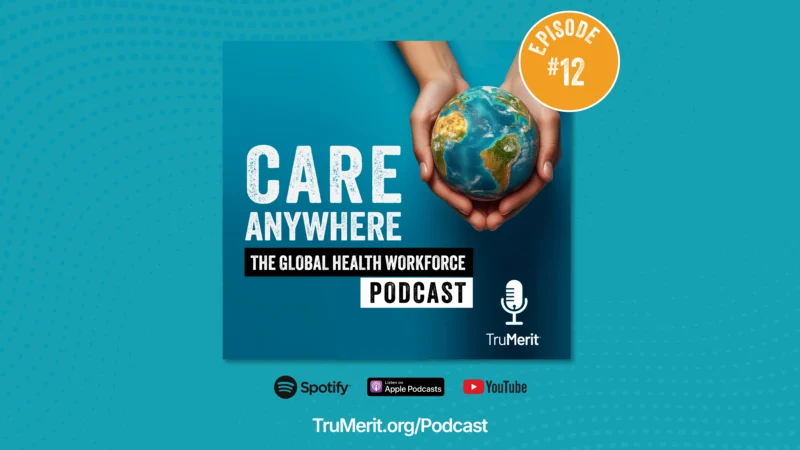Pharmaceutical Manufacturing is Witnessing Major Transformation as New Demands for Sterility Assurance Reshape Healthcare
For an industry where precision and quality control are paramount, pharmaceutical manufacturing is witnessing an evolutionary leap in contamination control practices. Propelled by changes in regulatory environments, such as the EU’s Annex 1 update and ICH Q9 focusing on quality risk management, the sector is shifting from isolated, data-point-centric strategies towards a more holistic approach.
This transformation emphasizes the integration of various operational elements – from facility design to process controls – under a single, strategic umbrella of sterility assurance. As this shift towards comprehensive, AI and machine learning assisted processes reshapes the pharmaceutical manufacturing industry. Exploring this on “Exceeding Your Benchmark,” a podcast by Benchmark Products, is Fred Ayers. The Advisor for Sterility Assurance for Global Quality Systems at Eli Lilly is an industry expert, and shared some of his insights as he’s been at the forefront of this change.



